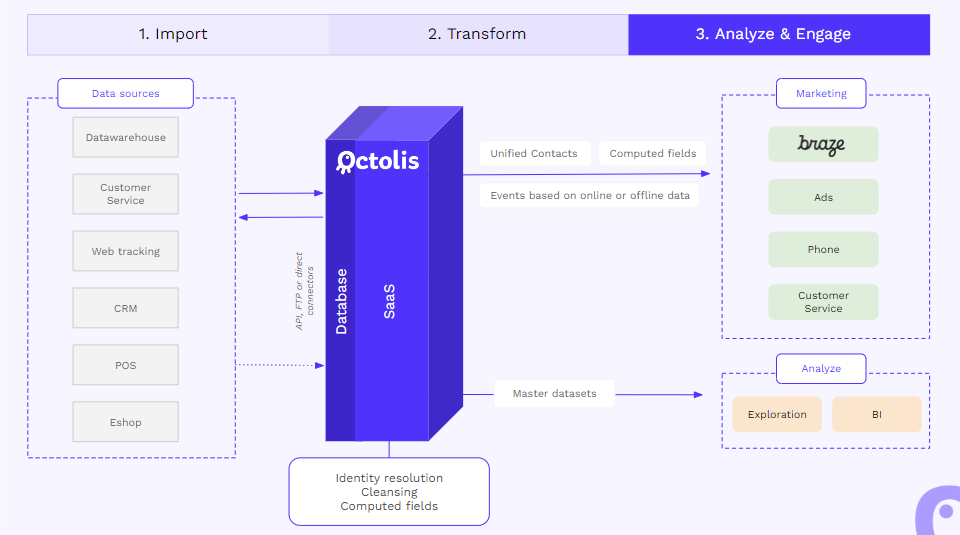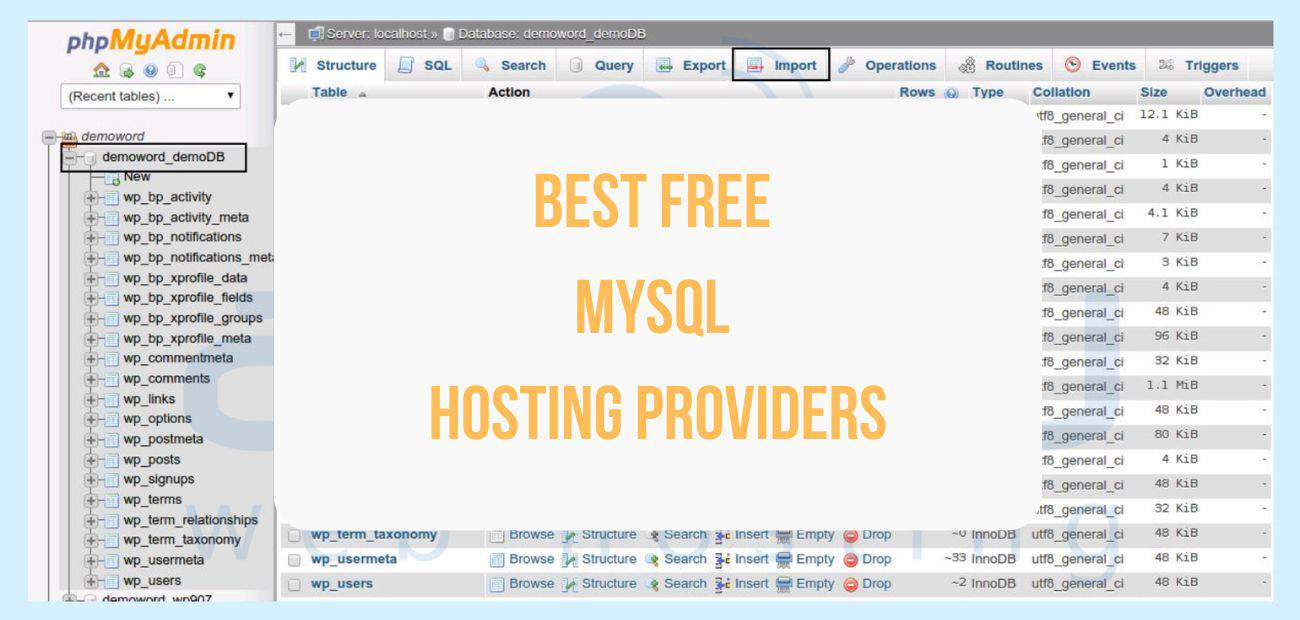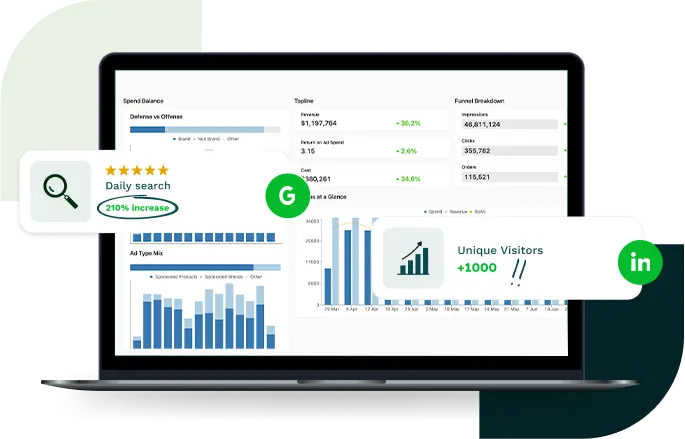In a job market increasingly driven by data-driven decision-making and digital platforms, a business marketing degree offers a unique blend of business acumen and specialized marketing skills. While traditional marketing strategies still hold value, the modern landscape demands professionals adept at navigating the complexities of online advertising, social media engagement, and data analytics. This degree prepares individuals to not only understand these evolving trends but also to effectively leverage them for success.
Toc
- 1. Understanding the Curriculum of a Business Marketing Degree
- 2. The Growing Importance of Digital Marketing
- 3. Related articles 01:
- 4. Career Opportunities and Salary Potential
- 5. Choosing the Right Business Marketing Program
- 6. Related articles 02:
- 7. Admission Requirements and Application Process
- 8. Conclusion
Understanding the Curriculum of a Business Marketing Degree

A business marketing degree provides a comprehensive curriculum that combines core business principles with specialized marketing courses. Students can expect to cover a variety of subjects that are essential for a well-rounded education.
Core Business Courses
The backbone of any business marketing program includes foundational courses in:
- Accounting: Understanding financial statements and budgeting.
- Finance: Learning how to manage funds and investments.
- Economics: Gaining insights into market dynamics and consumer behavior.
- Management: Developing leadership skills and organizational strategies.
These core courses are crucial for anyone pursuing a business and marketing degree, as they provide the necessary knowledge to make informed business decisions.
Specialized Marketing Courses
In addition to core business subjects, students will delve into specialized marketing courses that cover:
- Consumer Behavior: Understanding what drives consumer decisions.
- Market Research: Learning how to gather and analyze data to inform marketing strategies.
- Brand Management: Developing skills to create and maintain a brand’s identity.
- Advertising and Public Relations: Crafting compelling campaigns and managing public perception.
- Digital Marketing: Exploring online strategies, including social media marketing, search engine optimization (SEO), content marketing, and online advertising.
This blend of courses allows graduates to emerge with a robust skill set that is highly valued in the job market.
Beyond the Classroom: Experiential Learning in Business Marketing
While the core business and specialized marketing courses are foundational, many programs now emphasize experiential learning. This can include case studies based on real companies like Starbucks’ marketing strategies and their challenges, or even simulations where students create and manage virtual businesses. This hands-on approach helps students apply theoretical concepts to practical situations.
The Growing Importance of Digital Marketing

Digital marketing has become a dominant force in the business world. As businesses increasingly shift their focus to online platforms, the significance of digital marketing continues to rise. A business marketing degree emphasizes this trend by offering specialized digital marketing courses, including:
Social media marketing is a crucial component of digital marketing, focusing on connecting businesses with their audience through various social media platforms such as Facebook, Instagram, Twitter, and LinkedIn. These platforms offer an unparalleled opportunity for brands to engage directly with consumers, gather immediate feedback, and create a community around their products or services. Students will learn to craft effective social media strategies that include content creation, audience targeting, and analytics to measure campaign success. By understanding the nuances of each platform and the behaviors of different demographics, students can tailor their messages to resonate with their intended audience, cultivating brand loyalty and driving business growth.
Search Engine Optimization (SEO)
Search Engine Optimization (SEO) is another critical aspect of digital marketing that business marketing students must master. SEO involves optimizing a website or online content so it appears higher on search engine results pages, which increases visibility and drives more traffic to the business. Students will learn techniques such as keyword research, on-page optimization, technical SEO, and link-building strategies. Understanding these elements helps businesses capture the attention of potential customers who are actively searching for their products or services. By mastering SEO, students can significantly enhance a brand’s online presence, leading to increased engagement and potential sales.
Content Marketing
Content marketing focuses on creating and distributing valuable, relevant, and consistent content to attract and engage a clearly defined target audience. This course empowers students to develop strategic content that aligns with a brand’s goals and customer needs. From blog posts and videos to infographics and podcasts, students learn how to choose the right format and platform to reach their audience effectively. Understanding storytelling and the customer’s journey is a crucial part of content marketing, enabling future marketers to cultivate relationships with their audience and convert followers into loyal customers.
1. https://langdongtamhon.blog/unlock-your-potential-with-an-online-marketing-masters-degree/
2. https://langdongtamhon.blog/a-comprehensive-guide-to-sendgrid-email-marketing-for-developers/
3. https://langdongtamhon.blog/finding-the-right-search-engine-marketing-agency-for-your-business/
4. https://langdongtamhon.blog/optimizing-marketing-and-advertising-for-small-business-growth-in-2024/
5. https://langdongtamhon.blog/mass-sms-marketing-a-comprehensive-guide-for-small-businesses/
Online Advertising
Online advertising courses provide insight into the myriad of digital advertising options available to marketers today. Students explore platforms like Google Ads, display advertising, and social media ads, learning how to create compelling ad campaigns that capture attention and convert clicks into customers. A keen understanding of targeting and retargeting techniques, budget management, and performance metrics allows students to optimize their digital ad spend, ensuring maximum return on investment. These skills are invaluable as businesses strive to reach the right audience with the right message at the right time.
Data-Driven Decision Making: The Rise of Analytics
Digital marketing is not just about social media; it’s increasingly driven by data analytics. Businesses use tools like Google Analytics to track website traffic, customer behavior, and campaign performance. Students learn how to interpret this data, identify trends, and optimize marketing strategies based on quantifiable results. This data-driven approach is crucial for maximizing ROI and making informed decisions.
Career Opportunities and Salary Potential

A business marketing degree opens the door to a plethora of career opportunities. Graduates can pursue various roles, including:
Marketing Manager
Marketing Managers are responsible for developing and executing strategies that drive sales and brand awareness. They coordinate with sales, advertising, and product teams to ensure marketing campaigns align with company goals. Their role involves analyzing market trends, identifying opportunities for growth, and crafting compelling messaging to reach target audiences. With experience, marketing managers can lead entire departments and influence business strategies at the executive level.
Digital Marketing Specialist
Digital Marketing Specialists focus on leveraging online platforms to enhance brand presence and drive sales. Their responsibilities include managing social media accounts, executing SEO strategies, and running online advertising campaigns. They analyze digital metrics to gauge campaign effectiveness and adapt strategies in real-time to improve outcomes. This role is essential as companies prioritize digital channels for customer engagement.
Brand Strategist
Brand Strategists are the visionaries behind a company’s public image and messaging. They work to define a brand’s core values and ensure that all promotional materials align with this identity. Their role involves extensive market research and competitor analysis to position the brand effectively in the marketplace. By crafting a consistent and engaging brand story, they help companies build strong emotional connections with their audience.
Content Creator
Content Creators develop engaging and innovative content to attract and retain customers. They produce a variety of materials, from blog posts and social media updates to videos and email newsletters. This role requires creativity and a keen understanding of audience preferences. Content Creators often collaborate with marketing and design teams to produce cohesive and compelling messages that drive engagement and brand loyalty.
SEO Specialist
SEO Specialists are critical for enhancing a company’s visibility online. They optimize website content to improve search rankings and increase organic traffic. This role requires in-depth knowledge of search engine algorithms and staying updated on industry changes. SEO Specialists work closely with web developers and content creators to implement strategies that boost website performance and enhance user experience.
The demand for skilled professionals in these roles is high, and the salary potential reflects that. According to recent industry reports, the salary range for marketing professionals varies based on experience, specialization, and location. However, the digital nature of modern marketing offers flexibility for remote work and freelance opportunities, providing a dynamic and rewarding career path for graduates.
Salary Expectations
The earning potential for graduates with a business marketing degree is promising. According to the U.S. Bureau of Labor Statistics, the median annual salary for marketing managers in 2024 is projected to be approximately $142,170, a 7% increase from 2023, with a job growth outlook of 7% over the next decade. Digital marketing specialists can expect a median annual salary of around $69,400, with an anticipated job growth rate of 10% through 2030.
These figures reflect the high demand for skilled marketing professionals across various industries, including e-commerce, healthcare, and non-profit organizations.
Choosing the Right Business Marketing Program

1. https://langdongtamhon.blog/a-comprehensive-guide-to-sendgrid-email-marketing-for-developers/
2. https://langdongtamhon.blog/optimizing-marketing-and-advertising-for-small-business-growth-in-2024/
3. https://langdongtamhon.blog/mass-sms-marketing-a-comprehensive-guide-for-small-businesses/
4. https://langdongtamhon.blog/finding-the-right-search-engine-marketing-agency-for-your-business/
5. https://langdongtamhon.blog/unlock-your-potential-with-an-online-marketing-masters-degree/
Selecting the right business marketing program is crucial for aligning your education with your career goals. Here are some key factors to consider:
Curriculum and Specializations
When evaluating the curriculum, it is vital to ensure that the program offers a comprehensive set of courses that cover foundational marketing principles, digital marketing strategies, consumer behavior, and analytics. Look for programs that provide opportunities to specialize in areas such as social media marketing, content creation, brand management, or data analytics. Specializations can give you a competitive edge by allowing you to develop expertise in a niche area that is in high demand.
Accreditation and Reputation
Choosing a program accredited by a recognized body ensures the quality and legitimacy of your education. Accreditation signifies that the program meets specific academic standards and is recognized by employers. Additionally, consider the reputation of the institution. Research faculty qualifications, student success rates, and alumni networks. A program with a strong reputation can enhance your credentials and open doors to valuable networking opportunities.
Internship and Networking Opportunities
Practical experience through internships or cooperative education programs is invaluable in the marketing field. These opportunities allow you to apply theoretical knowledge in real-world settings, gain hands-on experience, and make vital industry connections. Inquire about the program’s partnerships with businesses and the availability of internships. A robust network can provide mentorship and guidance as you enter the workforce.
Cost and Financial Aid
Understanding the financial commitment of a business marketing program is essential. Tuition costs can vary significantly between institutions, and it’s important to evaluate whether there are additional expenses, such as textbooks, technology fees, or materials. Investigate the financial aid options available to help offset these costs, including scholarships, grants, and work-study programs. Many programs offer financial packages based on merit or need, so it’s crucial to explore all available avenues to make your education more affordable. Additionally, consult with the institution’s financial aid office for personalized advice and assistance tailored to your financial situation.
Online vs. On-Campus Programs
Deciding between online and on-campus programs depends on your personal circumstances and learning preferences. Online programs offer flexibility, allowing you to balance your studies with other commitments like work or family. They often appeal to those who prefer self-paced learning environments. On the other hand, on-campus programs provide face-to-face interaction with peers and professors, fostering a more traditional academic experience and easier access to campus resources. Consider your learning style and career objectives when choosing the format that best suits your needs.
Admission Requirements and Application Process

Prospective students should familiarize themselves with the typical admission requirements for business marketing degree programs. Common prerequisites include:
Standardized Test Scores
Many business marketing programs require standardized test scores, such as the SAT or ACT, as part of the admissions process. These scores are often considered alongside your academic record to assess your readiness for college-level coursework. Some programs may be test-optional, allowing you to decide whether to submit test scores as part of your application. It’s essential to check each program’s specific requirements and adapt your application strategy accordingly.
Letters of Recommendation
Letters of recommendation provide insight into your academic abilities, character, and potential for success in a business marketing program. Most programs request two or three letters from teachers, academic advisors, or professionals who can attest to your qualifications and achievements. Choose recommenders who know you well and can provide a detailed and positive evaluation of your skills and potential.
Personal Statement or Essay
A personal statement or essay is a critical component of the application process, offering you a chance to showcase your aspirations, experiences, and motivations for pursuing a degree in business marketing. This is an opportunity to distinguish yourself by articulating your career goals, highlighting personal accomplishments, and explaining why you are drawn to a particular program. Be sure to tailor your essay to align with the values and strengths of the program you’re applying to, demonstrating a clear understanding of what you can contribute and how the program aligns with your objectives.
Interview Process
Some programs may require an interview as part of the application process, either in-person or virtually. This interview is a chance for you to demonstrate your communication skills, enthusiasm for the field, and overall fit for the program. It’s an opportunity to ask insightful questions about the program and express your career aspirations. Preparing for the interview by researching the program and practicing your responses can help create a positive impression and enhance your application.
Conclusion
Pursuing a business marketing degree offers a pathway to a dynamic and rewarding career. By merging a solid foundation in business principles with specialized marketing expertise, graduates emerge as versatile professionals ready to tackle the challenges of the modern marketing landscape. Whether your interests lie in digital strategies, brand management, or market research, this degree equips you for a successful future. Take the next step in your educational journey by researching programs, reaching out to admissions offices, and exploring internship opportunities. Embrace the potential of a business marketing degree and unlock your future success.













